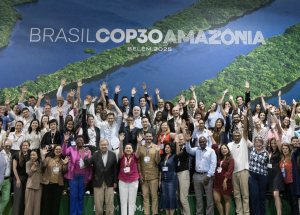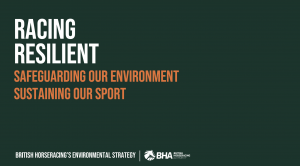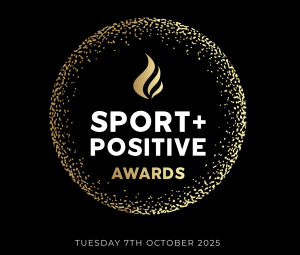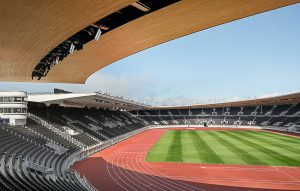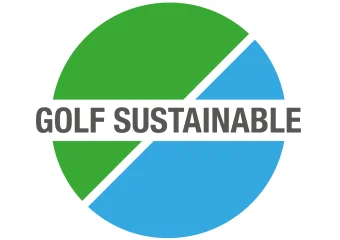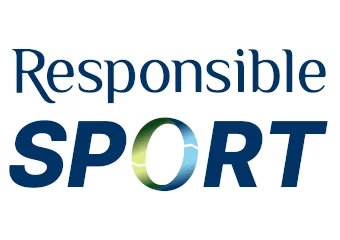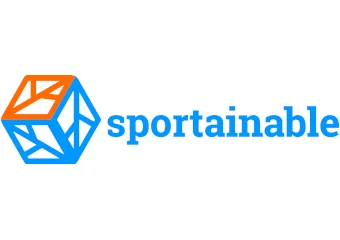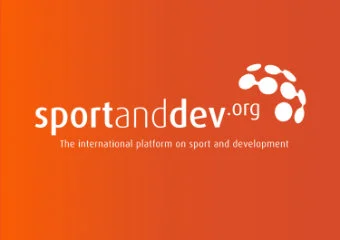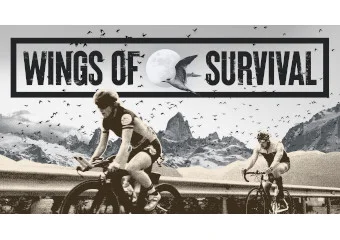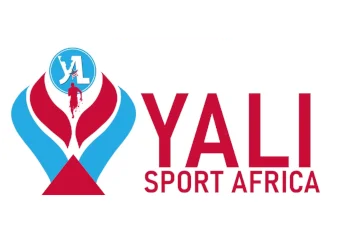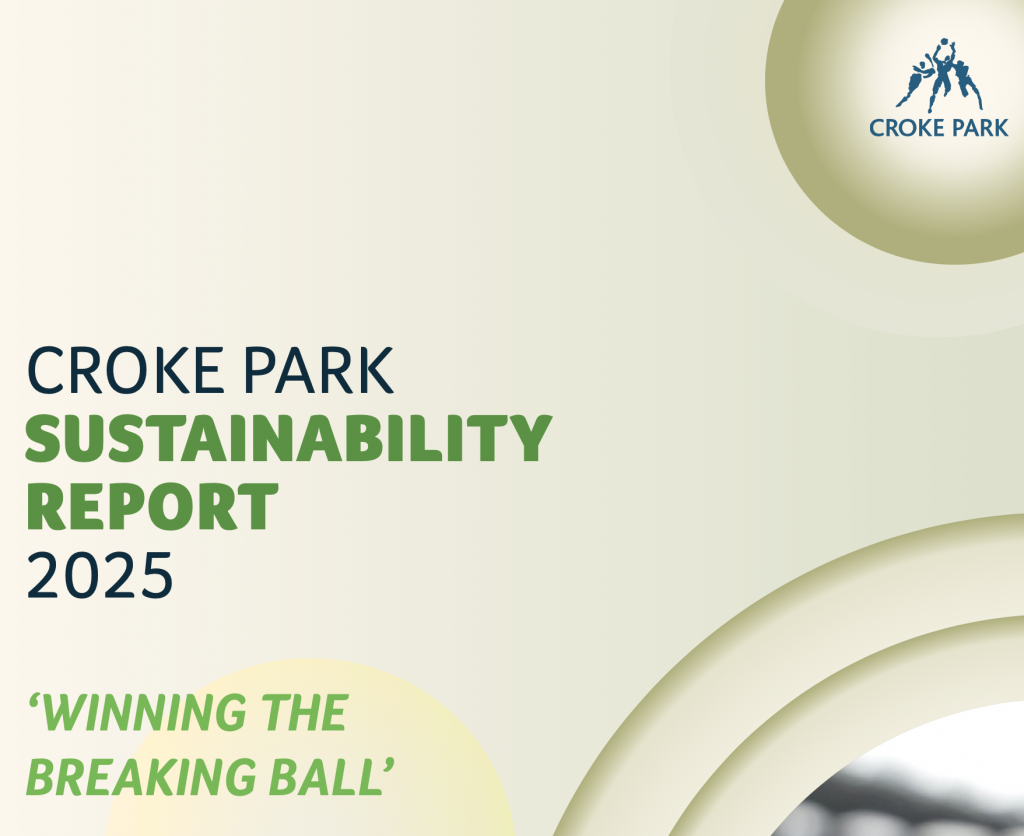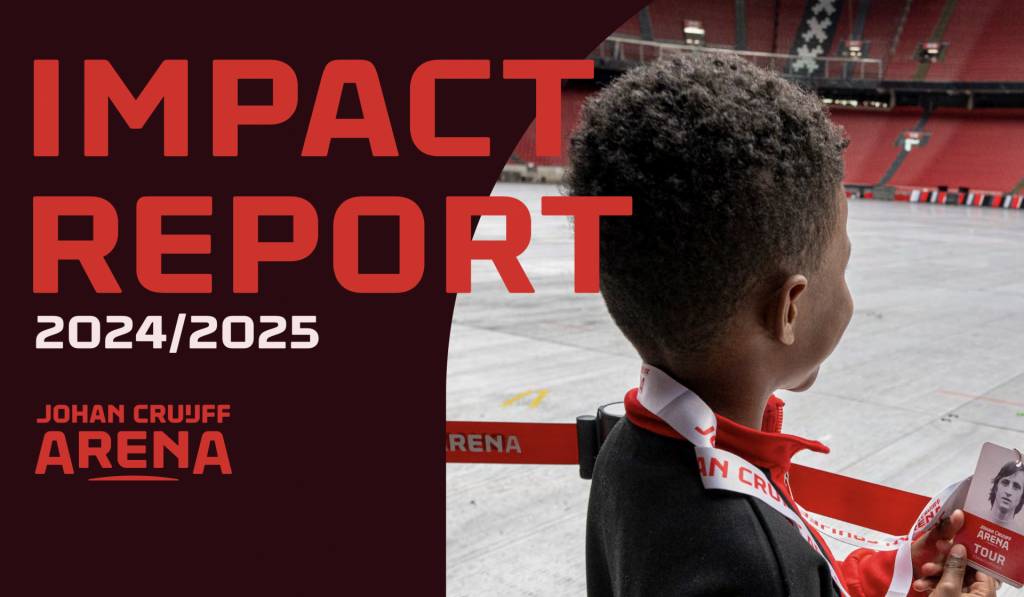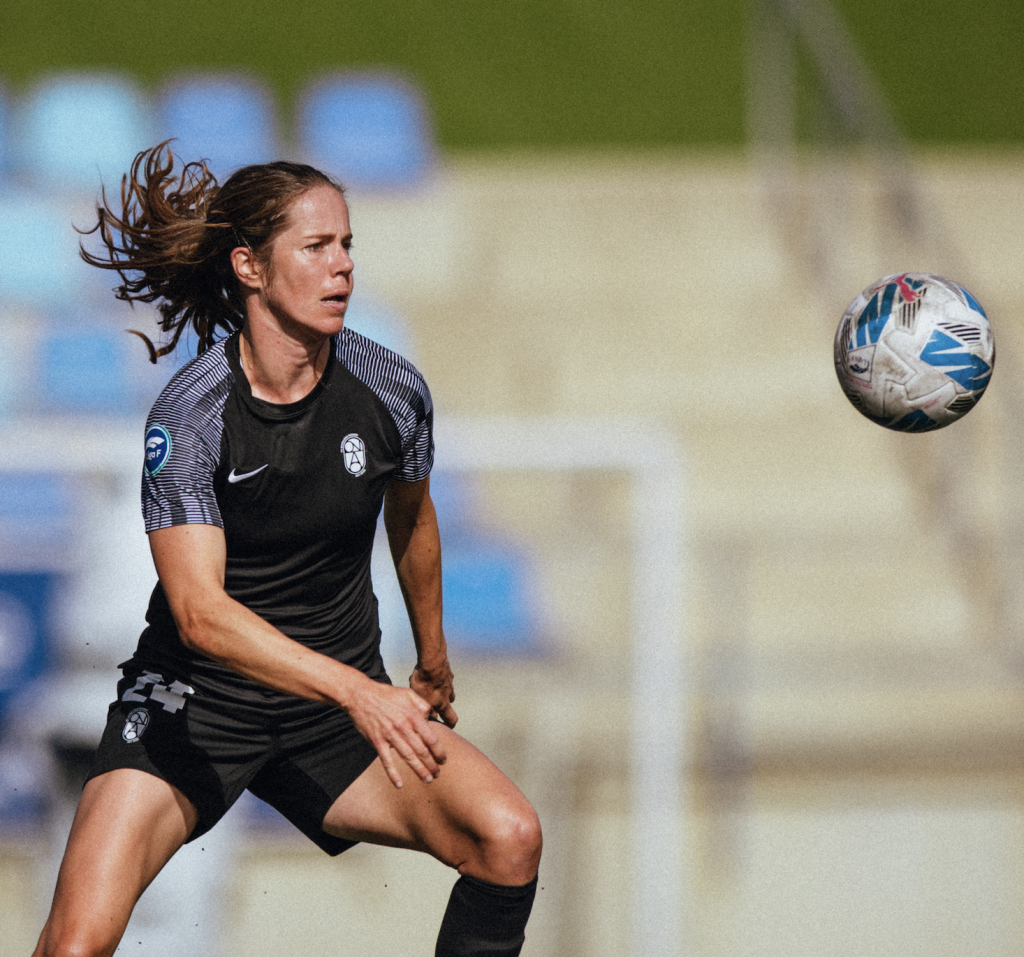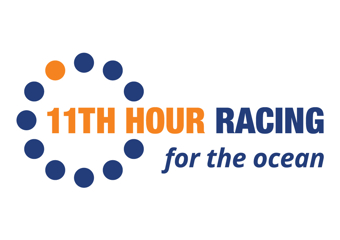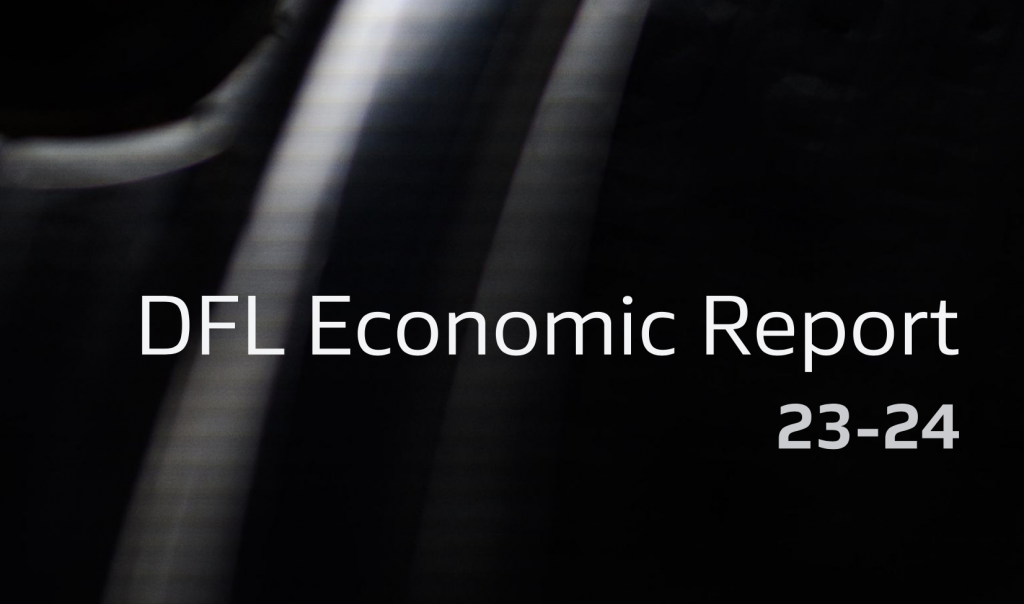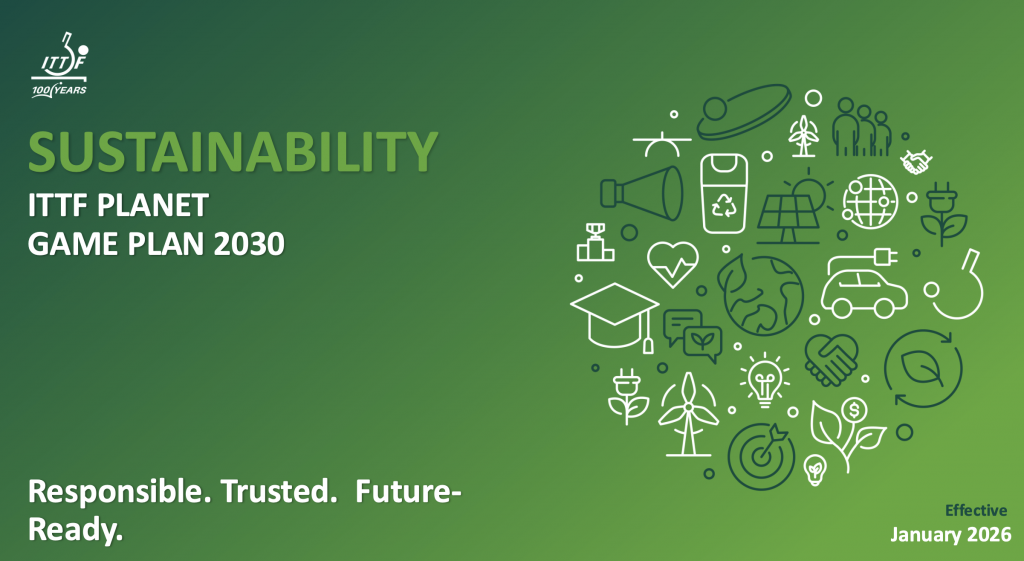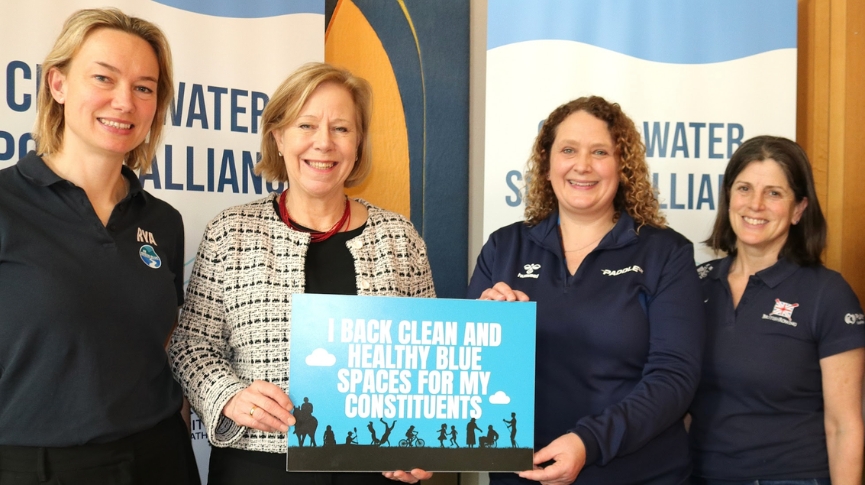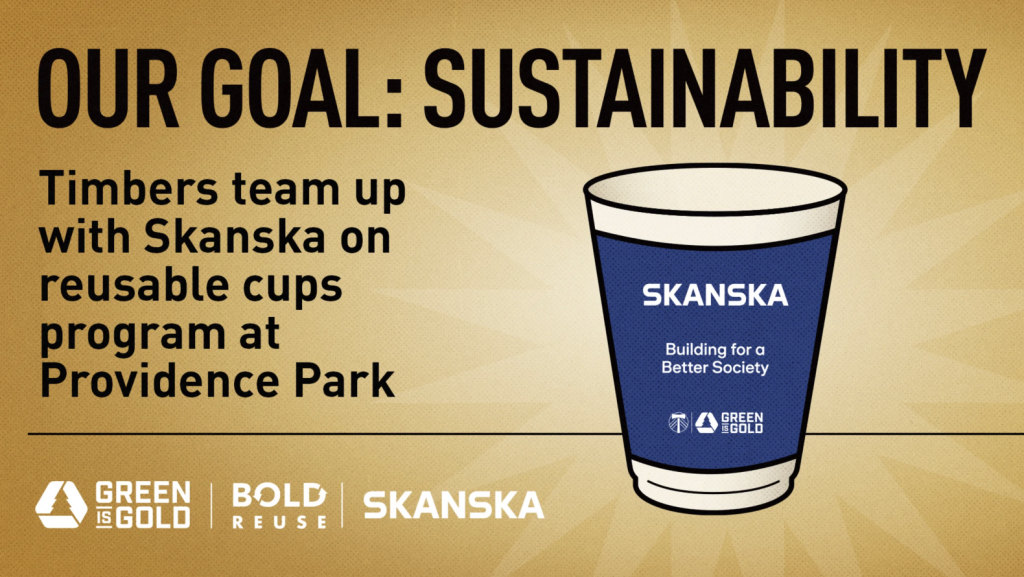To access our unique news archive of over 1,400 articles with insights on over 500+ sustainable sports organisations, join the GSS Network today.
Login here if you are a registered network subscriber.
News article
UK Sport Leads World-First Programme Putting Sustainability at the Heart of British Olympic and Paralympic Sport
A radical transformation is underway across Britain’s Olympic and Paralympic sports, as sustainability takes centre stage in a pioneering, sector-wide initiative. UK Sport’s Sustainability Accelerator Programme, the largest multi-sport sustainability effort ever undertaken by a national sports body, has reached its first milestone, showing what’s possible when high-performance sport unites around a shared climate ambition.

In an exclusive interview with Global Sustainable Sport, Dan Reading and Scott Over of sustainability consultancy Sporting Giants, alongside Jo Dobson from Useful Projects, shared the inside story of the Accelerator Programme’s development, implementation, and impact. Together, they served as delivery partners for UK Sport, supporting more than 30 National Governing Bodies (NGBs) in transforming their approach to sustainability.
“We’ve seen a real journey,” Jo Dobson explained, “from sports not knowing what sustainability meant for them to now treating it as a core strategic objective – and often, as a commercial opportunity rather than just a compliance requirement.”
“We’ve seen a real journey from sports not knowing what sustainability meant for them to now treating it as a core strategic objective, and often, as a commercial opportunity rather than just a compliance requirement.”
A Collaborative Start to a Transformational Programme
Launched in 2023 as a flagship component of UK Sport’s Environmental Sustainability Strategy, the Accelerator set out with a bold vision: to ensure that all funded NGBs had both calculated their carbon footprint and developed a sustainability action plan by March 2025.
What made the programme distinctive was its structure. Rather than taking a one-size-fits-all approach, Sporting Giants and Useful Projects designed a framework that catered to the diverse landscape of British sport. Sports were grouped into clusters based on size, sustainability maturity, and shared characteristics—such as water-based sports or winter sports. This allowed for tailored support and peer-to-peer learning.
“The idea of clustering sports was deliberate,” explained Dan Reading. “It enabled collaboration across shared challenges and helped sports learn from one another, whether they were large organisations like British Gymnastics or smaller ones like Boccia UK.”
“The idea of clustering sports was deliberate. It enabled collaboration across shared challenges and helped sports learn from one another, whether they were large organisations like British Gymnastics or smaller ones like Boccia UK.”
Building Capacity, Not Dependency
From the outset, the programme focused on upskilling NGBs rather than delivering work on their behalf. A central part of the programme’s legacy is a growing internal capacity across British sport to embed sustainability independently. A repository of resources—including toolkits, templates, and strategy examples—was developed to ensure that sports could continue progressing after the formal programme ended.
“We always said it was about teaching people how to fish, not giving them a fish,” Jo Dobson added. “That approach has empowered sports to take this forward themselves.”
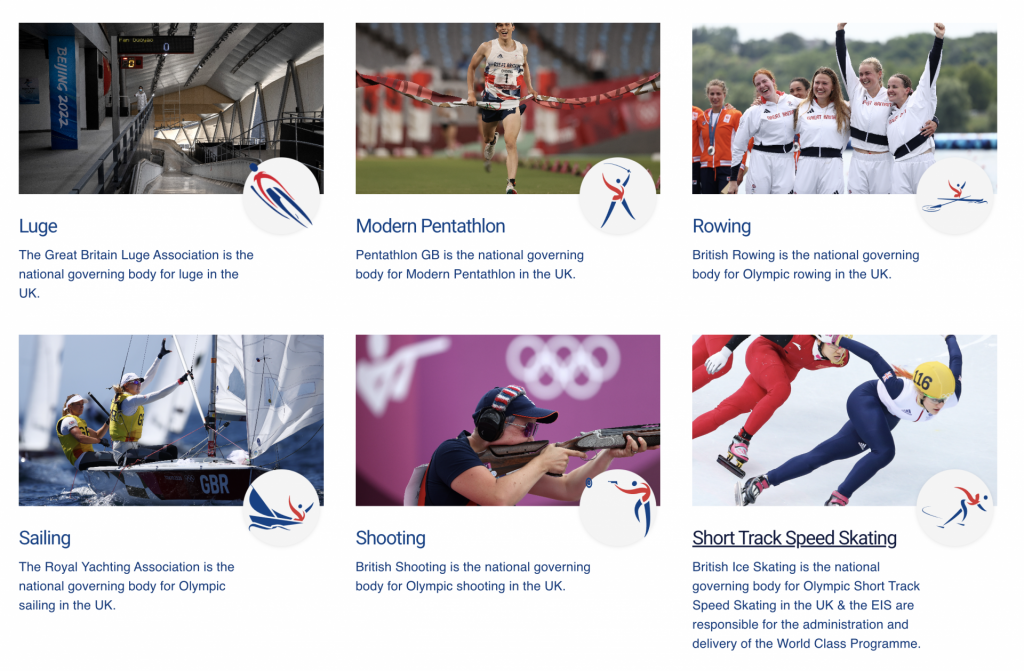
Indeed, the impact has been impressive. A post-programme survey of 21 participating NGBs revealed that:
- 80% now view sustainability as a pillar of long-term success;
- 100% feel better equipped to take meaningful action;
- 80% view sustainability as a commercial driver, not a cost;
- 40% have already introduced new sustainability policies across areas such as travel, procurement, and event management.
The numbers underscore a genuine cultural shift in how British sport engages with climate and environmental responsibility.
From Isolation to Community
A recurring theme throughout the interview was the importance of community and collaboration in sustainability. Many NGBs initially felt isolated in their efforts, with limited understanding of what others were doing or how they might begin. Through the Accelerator, these barriers were broken down.
“There’s often one person in an organisation passionate about sustainability, but they feel like they’re on their own,” said Reading. “This programme connected them to a broader network and gave them the confidence to take action.”
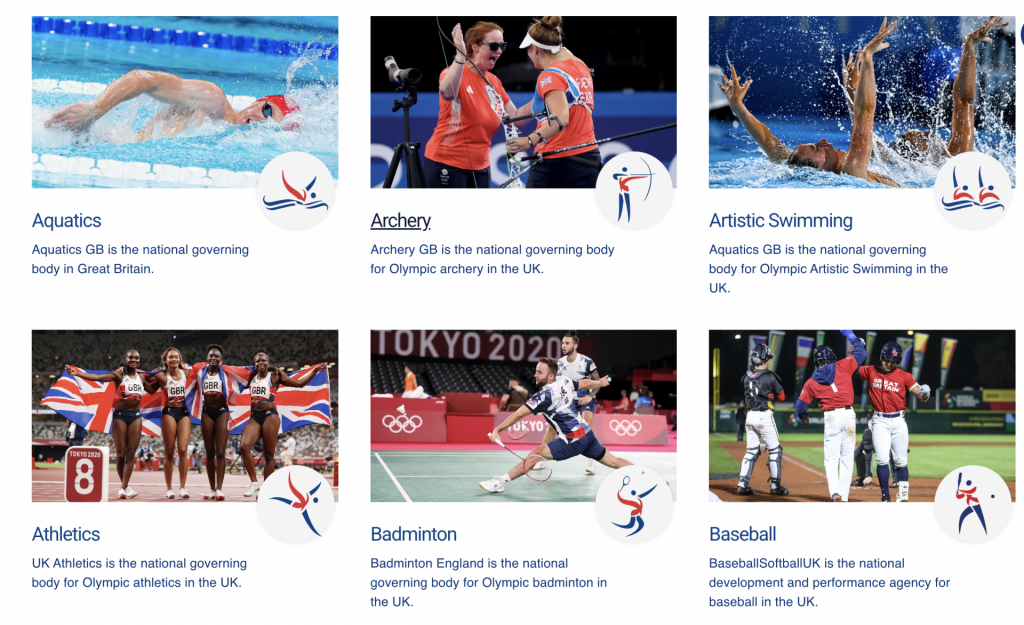
Some of the most innovative outcomes of the programme have been collaborative spin-offs. A Circular Economy initiative is in development, bringing together various NGB’s to define best practices and influence the wider sporting apparel industry. Similarly, the Clean Water Sports Alliance, a coalition of twelve sports, including British Triathlon, RYA, British Swimming and UK Paddle, emerged to campaign for cleaner waterways and increased environmental protections.
These initiatives demonstrate how the Accelerator has not only fostered individual change but sparked cross-sector movements with potential for wide-reaching impact.
Leadership from the Top
Sustainability in sport cannot succeed without leadership engagement, and the Accelerator made this a key priority. According to Scott Over, many CEOs, board members, and senior leaders were directly involved, whether through workshops, strategy sign-offs, or even personal attendance at programme sessions.
“In some sports, the CEO was in the room, driving the conversation. In others, the leadership might have been more hands-off, but still actively engaged in decision-making. That’s been vital for embedding sustainability at the core.”
“In some sports, the CEO was in the room, driving the conversation. In others, the leadership might have been more hands-off, but still actively engaged in decision-making. That’s been vital for embedding sustainability at the core.”
This leadership presence helped shift perceptions of sustainability from being a side-project to a central pillar of organisational strategy. In some cases, it also enabled faster adoption and implementation of new initiatives.
One such success story is GB Wheelchair Rugby, which became one of the first NGBs to complete its carbon footprint assessment and develop an integrated sustainability strategy. The sport has now woven sustainability into its organisational DNA, conducting staff training, forming sustainable partnerships, and evaluating all policies through a climate lens.
“We’re a small team, but the Accelerator gave us the tools and confidence to lead,” said Daniel Hook, GB Wheelchair Rugby’s CFO and COO. “Leadership isn’t about size—it’s about commitment.”
Recognised at the Global Level
The scope and success of the Accelerator has not gone unnoticed. Julie Duffus, Head of Sustainability at the IOC, described it as the “first initiative of its kind” and a “powerful example of how a high-performance multi-sport systems can come together to drive collective action on climate.”
Athletes have also lent their support. Imogen Grant MBE, Olympic gold medallist and IOC Climate Action Award winner, praised the initiative’s collaborative spirit and its potential to shape the future of sport.
This external recognition is not just symbolic. It positions the UK as a global leader in sustainable sport, with a model that other national committees and federations may seek to replicate.
“first initiative of its kind and a powerful example of how a high-performance multi-sport systems can come together to drive collective action on climate.”
Lessons Learned – and What Comes Next
The interview also offered candid reflections on the lessons learned through the Accelerator. Managing a programme with over 30 different NGBs meant navigating wide variations in readiness, resourcing, and organisational structure. Some sports had dedicated sustainability staff; others had a single administrator juggling multiple roles.
“The variety was enormous,” noted Over. “You had NGBs with just one or two employees, and others larger than their international federations. It required a lot of flexibility in how we engaged and supported them.”
Jo Dobson added that some NGBs faced disruptions—from organisational restructures to leadership changes—yet still managed to make significant progress. Those in later phases often benefited from seeing what earlier participants had achieved, using shared resources and case studies as inspiration.
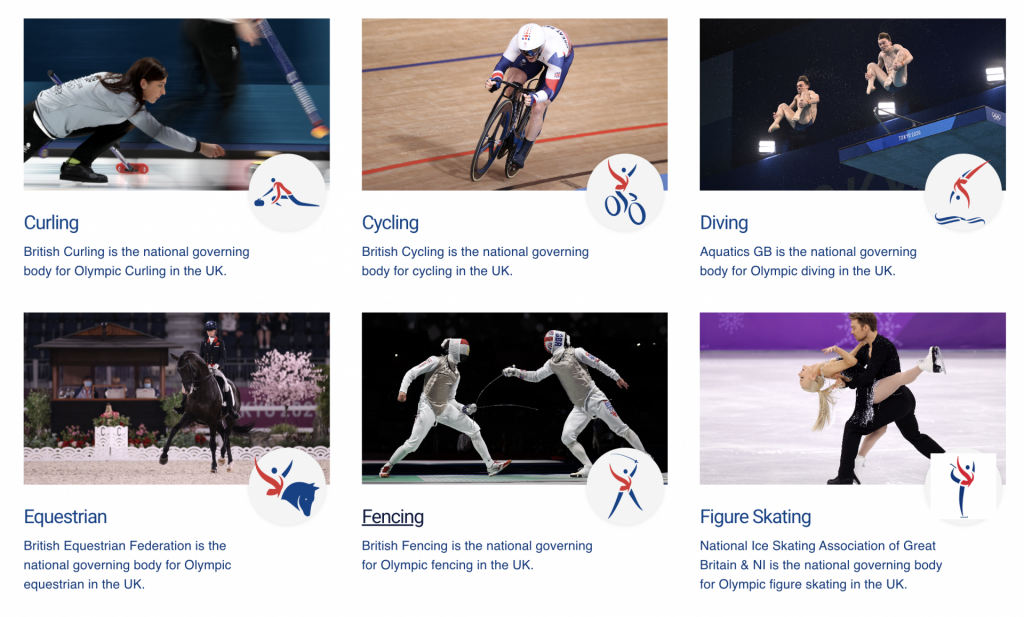
While the formal programme has concluded, momentum continues. UK Sport is currently reviewing how best to sustain progress, onboard new Olympic sports ahead of Paris and LA, and potentially deepen collaboration around implementation. A focus on getting more NGBs to sign up to international frameworks, such as the UN’s Sports for Climate Action Framework, is also on the horizon.
“They’ve got the tools, they’ve got the knowledge,” said Reading. “Now it’s about action, implementation, and continued collaboration.”
GSS Analysis Reveals Top Performers Amongst UK Sport’s NGBs
As part of its ongoing independent evaluation of sustainability in sport, Global Sustainable Sport, analysed more than 40 of UK Sport’s NGBs using its AI-Driven Data Assessment Tool based on the 7 Sustainable Pillars of Sport: Participation, Partnership, People, Planet, Power, Profile, and Prosperity.
Among the NGBs analysed, six organisations stood out by visibly addressing all seven pillars. These leading NGBs, Aquatics GB, British Equestrian Federation, British Triathlon Federation, Lawn Tennis Association, Paddle UK and RYA demonstrate a comprehensive and balanced commitment to sustainability across all dimensions with further in-depth analysis required to understand the full extent of this commitment.
These have been identified as the leading “Champions of Sustainability” amongst the NGBs in the UK by GSS.
Leading “Champions of Sustainability” – UK NGBs
| Organisation | Participation | Partnership | People | Planet | Power | Profile | Prosperity | Overall |
| Aquatics GB | X | X | X | X | X | X | X | 7 |
| British Equestrian Federation | X | X | X | X | X | X | X | 7 |
| British Triathlon Federation | X | X | X | X | X | X | X | 7 |
| Lawn Tennis Association | X | X | X | X | X | X | X | 7 |
| Paddle UK | X | X | X | X | X | X | X | 7 |
| RYA | X | X | X | X | X | X | X | 7 |
What is encouraging to see is that over 55% of NGBs achieved four or more pillars, indicating a good level of sustainability within many federations but few of these had publicly available environmental programes. While many of these bodies are still evolving in their approach, this spread of engagement shows that the Accelerator Programme has catalysed measurable progress in sustainability strategy development within the UK.
This analysis, which in its first phase is very high-level and based entirely on an organisations website, not only highlights those organisations that are leading the way but also underscores the diversity in sustainability maturity across the UK high-performance sport sector. It provides a useful benchmark for tracking progress over time and encourages all NGBs to strive for a more holistic and integrated sustainability performance.
“We are committed to sustainability – this is very important to the organisation and to me personally. We’ll be reviewing the learnings from the Accelerator Programme before outlining our next steps. We want to make sure our next moves are the right ones, given how high the stakes are when it comes to this issue. We see the Accelerator Programme as the start, not the end, as we aim to equip our funded sports to harness sustainability."
A Model for the Future of Sport
As sport increasingly feels the effects of climate change, from extreme weather events to shifts in seasonal training windows, initiatives like the Sustainability Accelerator are not just nice to have; they are essential. Flooded pitches, disrupted competitions, and rising operational costs are no longer hypotheticals, they are daily challenges for many sports. And as sport navigates these realities, it must also take responsibility for its own impact.
Commenting on the UK Sport Accelerator programme Sally Munday, CEO of UK Sport, said
“We are committed to sustainability – this is very important to the organisation and to me personally.”
“We’ll be reviewing the learnings from the Accelerator Programme before outlining our next steps. We want to make sure our next moves are the right ones, given how high the stakes are when it comes to this issue.”
“We see the Accelerator Programme as the start, not the end, as we aim to equip our funded sports to harness sustainability.”
The UK Sport Accelerator shows that transformation is possible, even within complex, high-performance systems. It demonstrates that collaboration, leadership, and education can overcome fragmentation, apathy, and inexperience.
Most importantly, it proves that sport can be a force for change, not just as a communicator, but as a role model for how to organise, adapt, and lead in the face of global challenges.
Read moreUK Sport
Join the GSS Alliance Partners programme today
Stay ahead of the game with our FREE weekly newsletter, delivering the latest sport and sustainability news from around the globe straight to your inbox
Join the GSS Network programme today
Register for GSS Workshops today
Join the GSS Education programme today


